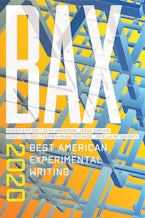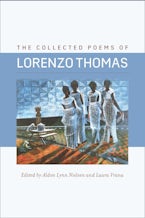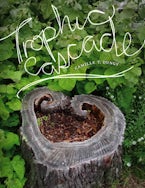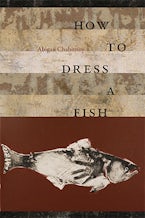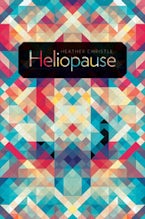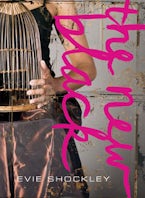- Home
- Wesleyan Poetry Series
- poetry
- biography & autobiography
- Things Come On
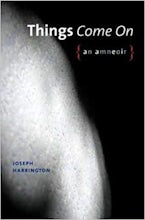
National and family disasters converge in this radically new kind of memoir
Things Come On is a broken and sutured hybrid of forms, combining poetry, prose narration, primary documents, dramatic dialogue, and pictures. The narrative is woven around the almost exact concurrence of the Watergate scandal and the dates of the poet's mother's illness and death from breast cancer, and weaves together private and public tragedies—showing how the language of illness and of political cover-up powerfully resonate with one another. The resulting "amneoir" (a blend of "memoir" and "amnesia") explores a time for which the author must rely largely on testimony and documentary evidence—not unlike the Congress and the nation did during the same period. Absences, amnesia, and silences count for at least as much as words. As the double tragedy unfolds, it refuses to become part of an overarching system, metaphor, or metanarrative, but rather raises questions of memory and evidence, gender and genre, personal and political, and expert vs. lay language. This haunting experimental biography challenges our assumptions about the distance between individual experience and history. A reader's companion is available at http://thingscomeonreader.site.wesleyan.edu/
Hardcover is un-jacketed.
Acknowledgments
Investigation
Resignation
Notes
JOSEPH HARRINGTON is a professor of English at the University of Kansas and the author of Poetry and the Public.
"It is seldom that a book reviewer comes upon a book so genuinely different from any other as this 'amneoir.' That it should also be so very accomplished, so successful in the original row it has chosen to hoe, is an enormous achievement for Mr. Harrington, who deserves high praise for the very difficult task he set for himself and then so movingly bringing it to fruition."
~Martin Rubin, The Washington Times
""the emotional tragedy of his mothers' death born out through Harrington's subtle mix of genres and language will connect with all readers.""
~Sam Murphy, Stride magazine
""The text creates the possibility that through a thorough investigation — through an accumulation of data and its painstaking analysis — the truth will reveal itself.""
~Matt Reeck, Jacket2
""there's a certain genius—a literary genius, that is—in the metaphor Harrington constructs. Things Come On might be regarded as one long metaphysical poem—a postmodern metaphysical epic, maybe.""
~Aaron Belz, On the Seawall Literary Website
""It is seldom that a book reviewer comes upon a book so genuinely different from any other as this 'amneoir.' That it should also be so very accomplished, so successful in the original row it has chosen to hoe, is an enormous achievement for Mr. Harrington, who deserves high praise for the very difficult task he set for himself and then so movingly bringing it to fruition.""
~Martin Rubin, The Washington Times
""President Nixon and the author's mother come together in a moment of national and personal reckoning (I'm afraid that sounds like a movie trailer). I love an investigative/documentary poetry book, and this one encompasses the possibility of the lyric in which the lyre's strings are facts, and the voice performs with and against them.""
~Rose Alcalá, The Volta
"Joseph Harrington's arresting Things Come On is an aesthetically complex text, through whose compositional innovations the author proves once again the inseparability of the personal from the political. He explores two synchronous, metaphorically entwined events—real events of which historical documentation exists but full of gaps and rife with bad communication as well as lies. Cognitive disarray becomes cognitive dismay—this is the political truth of grief. And with discovery of this truth, Harrington restores dignity and beauty to the personal."
~Lyn Hejinian, author of My Life
"Joseph Harrington's arresting Things Come On is an aesthetically complex text, through whose compositional innovations the author proves once again the inseparability of the personal from the political. He explores two synchronous, metaphorically entwined events—real events of which historical documentation exists but full of gaps and rife with bad communication as well as lies. Cognitive disarray becomes cognitive dismay—this is the political truth of grief. And with discovery of this truth, Harrington restores dignity and beauty to the personal."
~Lyn Hejinian, author of My Life
"Navigating the code worlds of American politics and American medicine, each linked to individuals in life-or-death circumstances, Harrington pieces together a kind of scare-map that outlines the inexplicable ways these systems govern private lives. This is the diagram of a family and a nation adrift in a sea of grief and misdeed; the tale moves sorrow from the white space of what is withheld into the lit rooms of the mind and the heart, the necessary motion that allows truth to mark the collective and individual body.""
~Eleni Sikelianos, author of The Book of Jon


